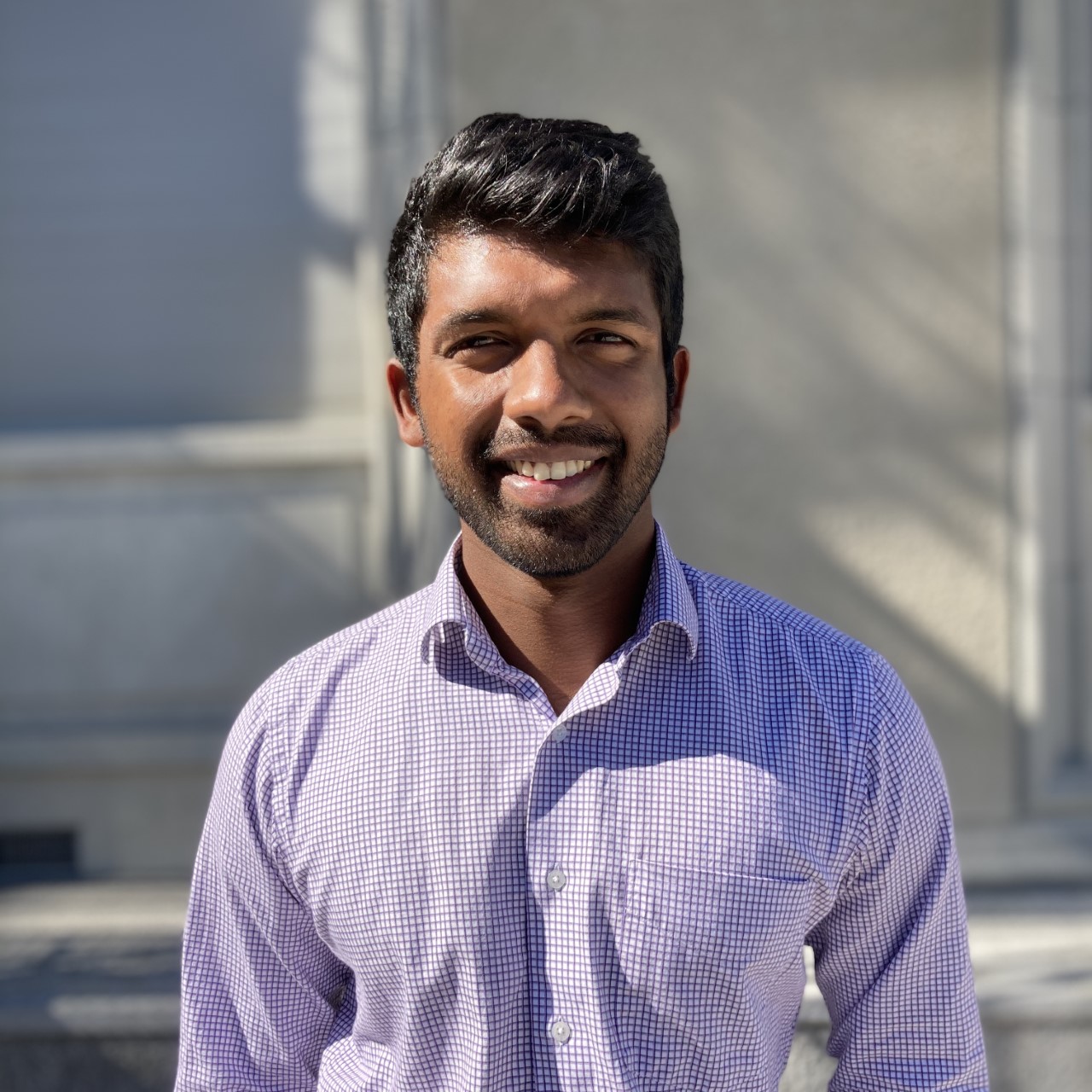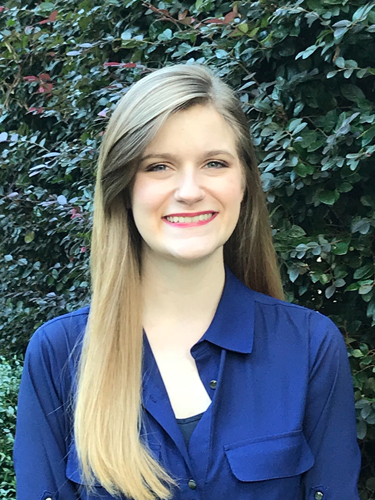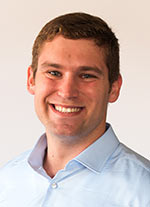Success Stories
Success Stories
Math is a portal to any number of careers. Many BSC mathematics majors go on to medical, dental, or law school, or graduate studies in mathematics, engineering, computer science, biostatistics, finance, and business administration. Others head right into careers in actuarial studies and education or end up with employers such as NASA, Blue Cross Blue Shield, Alabama Power, and many others.
Just a few examples:
- High school mathematics teacher
- Actuary
- Banking and finance professionals
- Data analysts
- Flight director for NASA
- Dual-degree student at
cooperating school of engineering - AmeriCorps fellow
- Teach for America fellow
- Major League pitcher
Vishva Subramaniam '15 
I rank my time with the Department of Mathematics at Birmingham-Southern as one of the most formative periods of my life. The departmental faculty was outstanding – in addition to fostering a solid understanding of theoretical content, they also ingrained an emphasis on versatility such that our skill set can be translated into a cross-disciplinary platform. Their emphasis on communication has also been salient as students not only gain the ability to conduct effective analysis, but also have the capacity to convey results in a clear and concise manner. Abilities as above have proven to be of great use in my current posting as a Research Assistant at the World Trade Organization (WTO), a trade-oriented intergovernmental body based in Geneva, Switzerland. Here, I help assess international aid flow specifications to provide insights on aid-for-trade effectiveness and reach as to ensure that member countries reap benefits from a multilateral, rules-based trading system. The foundations provided by Birmingham-Southern help me furnish quantitative analyses of development-oriented issues, communicated to various stakeholders in an International Organization context.

Julia Creager '16
Quantitative Models Analyst, Cadence Bank
"When I started at Birmingham-Southern, I was unsure which degree path to choose. After taking several mathematics courses, the subject that I had always struggled with the most became the one that I didn't want to leave. The mathematics department at BSC gave me a true appreciation for mathematics and the method of thought behind it. During my time at BSC, I learned critical thinking skills, determination, and effective communication in

Erez Kaminski '16
Technology Specialist, Wolfram Research
Birmingham-Southern's mathematics department didn't just teach me math, they taught me how to think abstractly and solve problems
Emily Hunter ’05
City Planner, City of Franklin, Tenn.
At BSC, I realized there was more to mathematics than analysis and problem-solving. BSC helped me cultivate my individual set of strengths and interests to apply mathematics in the most meaningful way. It is the combination of visual arts, effective communication, community involvement, and, of course, mathematics, that has led me to my current career.
Ansley Collins ’01, Trajectory Officer, International Space Station
“While my job can be stressful and
While I was a first-year mathematics student at BSC, I struggled with my career plans. Should I pursue a Ph.D., or should I enter the high-tech world of engineering or computer science? Thanks to a professor’s advice, I was introduced to the actuarial profession, a career that has the best of both worlds. After graduating, I went to Florida State University for a master’s degree in financial mathematics, and two years later, I found myself in the actuarial department at a workers’ compensation
Today, I spend a lot of time examining data sets, manipulating spreadsheets, and reading actuarial papers and research briefs to understand the risks that face the workers’ compensation industry. I find my job very rewarding. Different duties break up my days—data examination and spreadsheet applications, talking with colleagues to understand a problem, and studying for exams. Fortunately, my experience at BSC taught me how to articulate mathematical concepts to my peers and professors, independently solve problems, and manage my own time. I never imagined that my work would encompass such a wide variety of tasks. As a graduate of BSC, I am truly grateful that I chose an actuarial path for my profession.
Carrie Alexander Bates ’97, high school math teacher
For the past 12 years, I have worked as a high school mathematics teacher in Central and North Alabama. As a teacher of mathematics, I obviously use mathematics every day. However, teaching mathematics to adolescents and young adults sure does keep me on my toes! My experience teaching mathematics has taught me that it is more than just numbers, operations
Usually, high school students do not like thinking about why something is or is not true mathematically because they haven’t had much practice with it throughout their mathematical careers. They are more comfortable just trusting the teacher and memorizing a procedure for getting a correct answer. High school teachers are typically uncomfortable with a more student-directed approach to teaching because it takes a lot of time which is very valuable! It has taken me 12 years to learn how to implement a more student-directed approach to teaching, and I’m sure that the next 12 years of my career will teach me even more! The mathematics classroom is a much more interesting place when the students are investigating and questioning mathematics rather than just listening to a teacher!
Isaac Dooley ’04, software engineer
After graduating from Birmingham-Southern, I moved to Champaign, Ill., to pursue a doctorate in computer science at the University of Illinois. My research while in graduate school involved making it easier to create high-performance parallel programs that run on the world’s largest supercomputers. These supercomputers are used to perform numerical scientific simulations of all scales from the quantum structures of molecules to the gravitational interactions between millions of galaxies.

